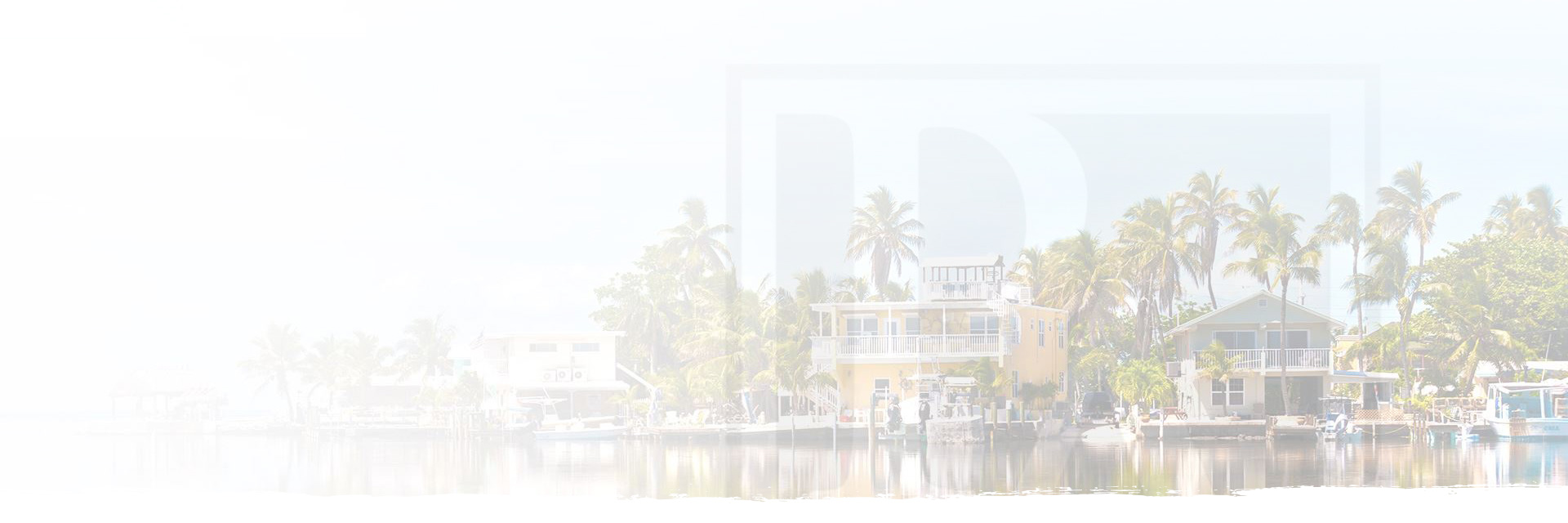According to the National Oceanic and Atmospheric Administration, a hurricane is a type of storm called a tropical cyclone, forming over tropical or subtropical waters. Hurricane season starts on June 1 and runs through November 30, with the busiest time being August to September. Some hurricanes form outside of these windows, but most hurricanes happen during the seasonal months.
Hurricane "Watch" vs. "Warning"
When listening to the radio or watching the news on TV, there are typically one of two kinds of National Weather Service alerts when a hurricane is approaching:
Hurricane Watch
This is when hurricane conditions (sustained winds of at least 74 miles per hour) are possible. Hurricane watches are typically announced 48 hours before tropical storm-force winds (sustained winds of 39 to 73 mph) are expected to start.
Hurricane Warning
This alert is the more serious of the two. It means hurricane-force winds are to be expected in the area. These warnings are usually issued about 36 hours before tropical-storm-force winds are expected, with the hopes of giving people enough time to prepare.
Steps to Take
If you hear one of these two alerts, there are many steps you can take to prepare yourself and your property. Some preventive actions you can take include:
Be ready for evacuation.
Even sturdier, well-built homes are at risk of being damaged in a hurricane. Whether you hear an order from authorities or not, always be prepared to evacuate your home to ensure you and your family's safety.
Always listen to any evacuation mandates given by authorities. Staying home to protect your property is never worth risking your health and safety. The best thing to do is be prepared and deal with the storm's aftermath once it has fully passed.
If you must evacuate, be sure to:
- Unplug any appliances and if you have time, turn off the gas, electricity, and water.
- Grab an emergency supply kit and anything else you need (cellphones, medicines, identification, chargers, cash.)
- Follow roads that are recommended by emergency workers even if there is traffic.
- Contact a local emergency management office and inquire about accommodations being made for owners and their pets.
If you must stay home:
- Tune into TV or radio for hurricane updates
- Stay away from windows by going into a room with none or staying in a closing (you could be hurt if they break.)
- Do not leave your home. Even if it looks calm outside, stay inside until you hear an official message stating the hurricane is over.
- Keep an emergency supply kit easily accessible.
Protecting your house
Protecting your home and property is essential when preparing for a hurricane. Research and safety innovations have advanced so much over the years to minimize as much damage from storms as they possibly can. A few ways to protect your home include:
- Safeguard windows- the most common way is to protect them with a wooden board like plywood or install tempered glass. This can help prevent them from breaking or shattering.
- Open or install hurricane shutters- some houses automatically come with these shutters, but if yours does not, it may be a good idea to install or install some.
- Strap down roofs- although they may seem secure, you'd be surprised how many are vulnerable to strong winds. Hurricane straps or clips are recommended for minimizing the risk of roof damage.
- Caulk around windows and doors- if you're worried about water damage through cracks and leaks, make sure this is completed.
- Secure outside structures- be sure to have a plan for securing things in your yard like pool, chairs, or lawn tools that cannot be brought inside the house.
- Trim loose trees and branches- some of the worst damage results from loose trees or branches falling—trimming these down before the storm can be a great way to prevent this damage.
- Purchase insurance- if you live in an area prone to hurricanes and tropical storms, purchasing coverage is the best recommendation.
We Can Help
If you're experiencing property damage due to a hurricane or tropical storm, you may be eligible for financial compensation. Here at The Property Advocates, P.A, we have the skill and experience required to fight cases just like yours. Don't feel alone when trying to recover from the aftermath of a hurricane. We are here to help.
Contact our team today at (786) 686-5045, or visit us online to schedule a free consultation and discuss the details of your case.

